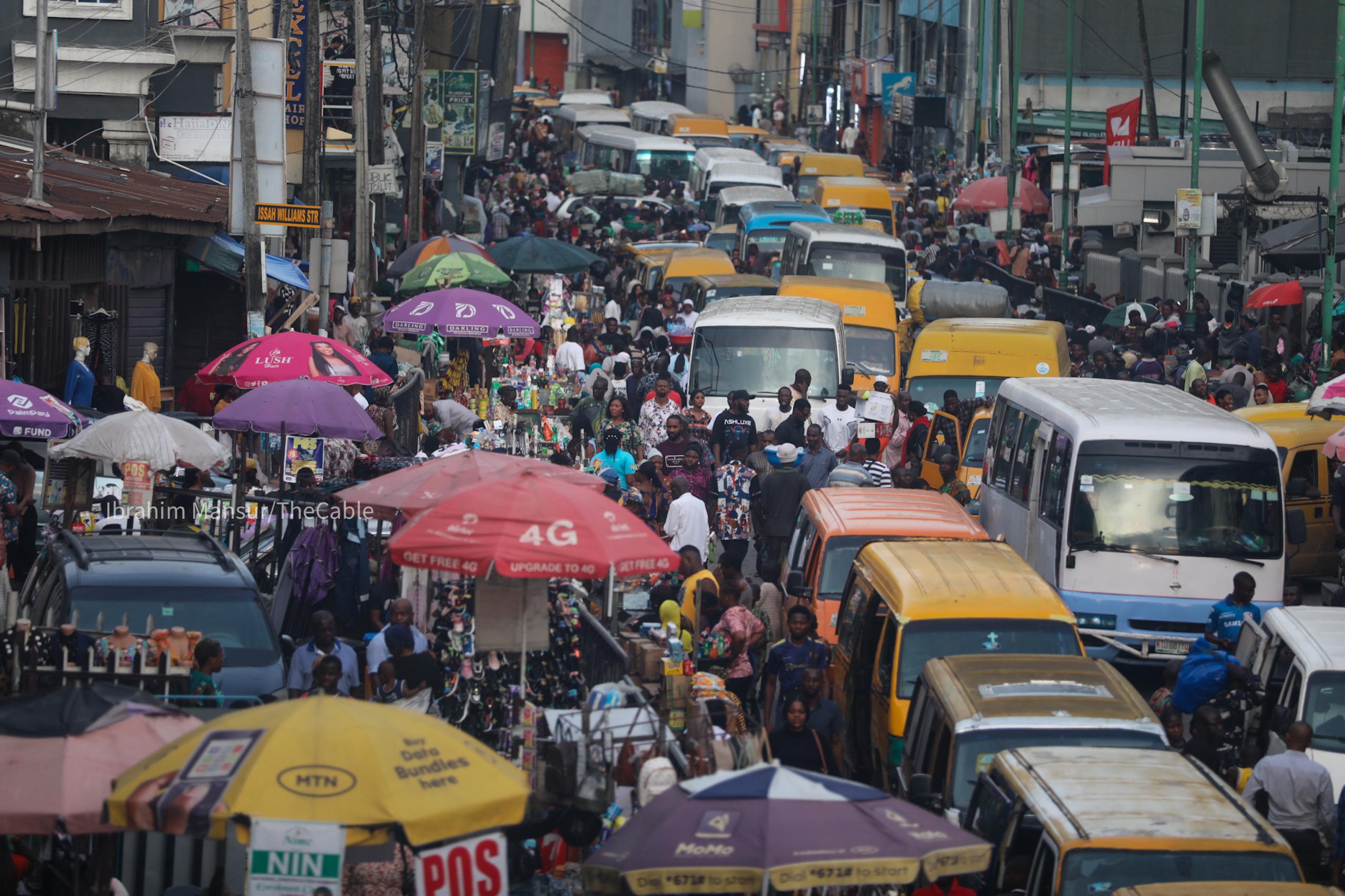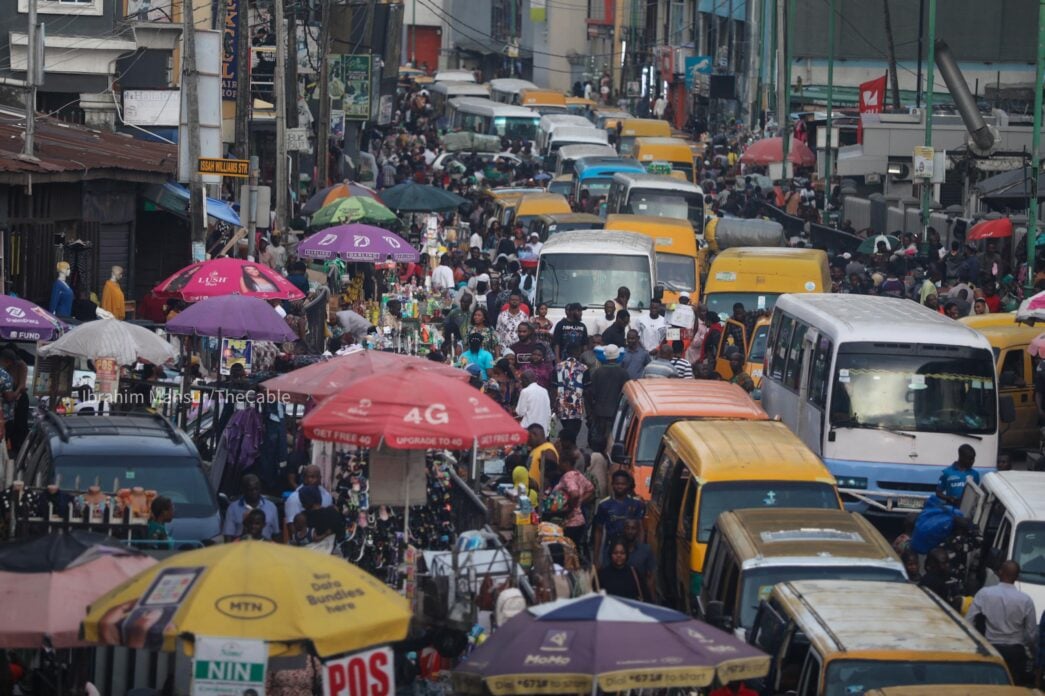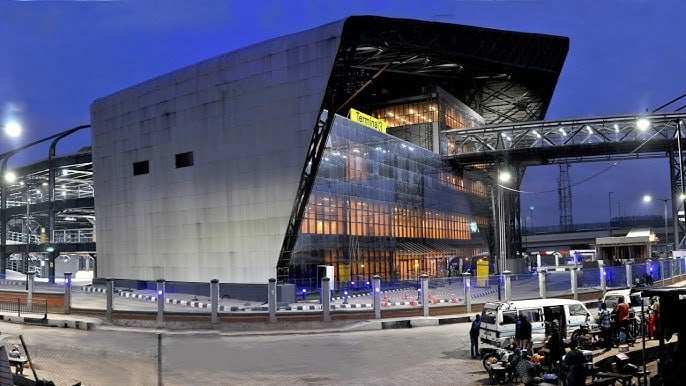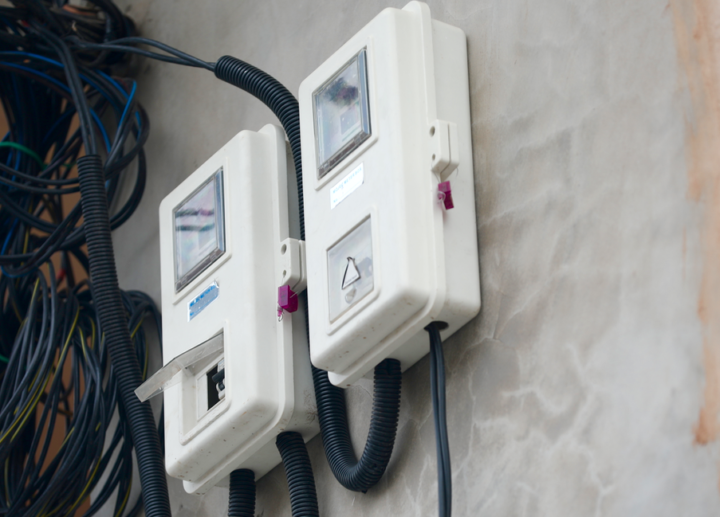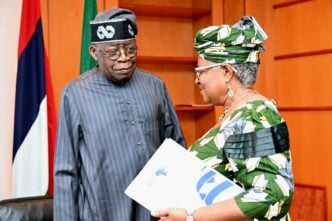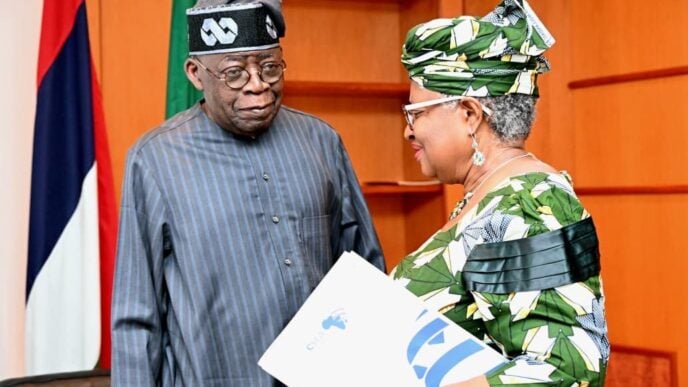The Norrenberger Group, a Nigerian financial services company, says Nigeria must grow its nominal gross domestic product (GDP) by at least 22 percent annually and maintain the exchange rate at or below N1,200 to the dollar to achieve its $1 trillion economy target by 2030.
In its 2025 second half (H2) outlook report titled ‘The Great Recalibration: From Shock to Calm,’ released on Wednesday, Norrenberger said Nigeria’s rebased nominal GDP is estimated at $237.5 billion in 2024, a sharp drop from $589.6 billion in 2022 and $341.2 billion in 2023.
The group added that the country’s current growth trajectory, averaging 4 percent in real terms and 15 percent in nominal terms annually, is “far short of the pace required” to meet the 2030 target.
“This sharp decline, despite moderate growth in naira terms, is largely attributed to the significant depreciation of the local currency,” the report reads.
Advertisement
“With just five years left to meet the 2030 target, Nigeria’s current growth trajectory, which averages around 4% (real) and 15% (nominal) annually, falls far short of the pace required.”
Norrenberger said achieving this ambitious goal will require more than just optimistic projections, it demands coordinated and transformative policy action, especially between the public and private sectors.
“Our analysis suggests that to realistically attain a $1 trillion economy by 2030, Nigeria would need annual nominal growth of at least 22% while also stabilizing the exchange rate at or below N1,200/$,” the report reads.
Advertisement
“In this regard, Indonesia offers a compelling model. Over the past 25 years, Indonesia transitioned from a volatile emerging economy into a $1 trillion market, averaging nearly 9% growth annually.
“This success was underpinned by a range of targeted reforms and pragmatic policies that Nigeria could emulate, some of which include exchange rate management, massive investments in infrastructure, export diversification and industrial policy, human capital development, as well as strong institutions and anti-corruption drive.”
Norrenberger projected an average GDP growth of approximately 4.05 percent in 2025.
The group noted that several positive factors support the projection.
Advertisement
“This outlook is underpinned by several positive factors, excluding the GDP rebasing exercise, which is likely to uncover new growth drivers. Increased economic activities across key sectors is expected to sustain momentum,” the report reads.
“These include: the banking sector, which is undergoing recapitalisation; the agricultural sector, benefitting from favourable weather conditions.”
Norrenberger added that the telecommunications sector, with revenue gains from increased tariffs, and the construction sector, set to receive a boost from large-scale government infrastructure investments, will also contribute to the projection.
Advertisement

